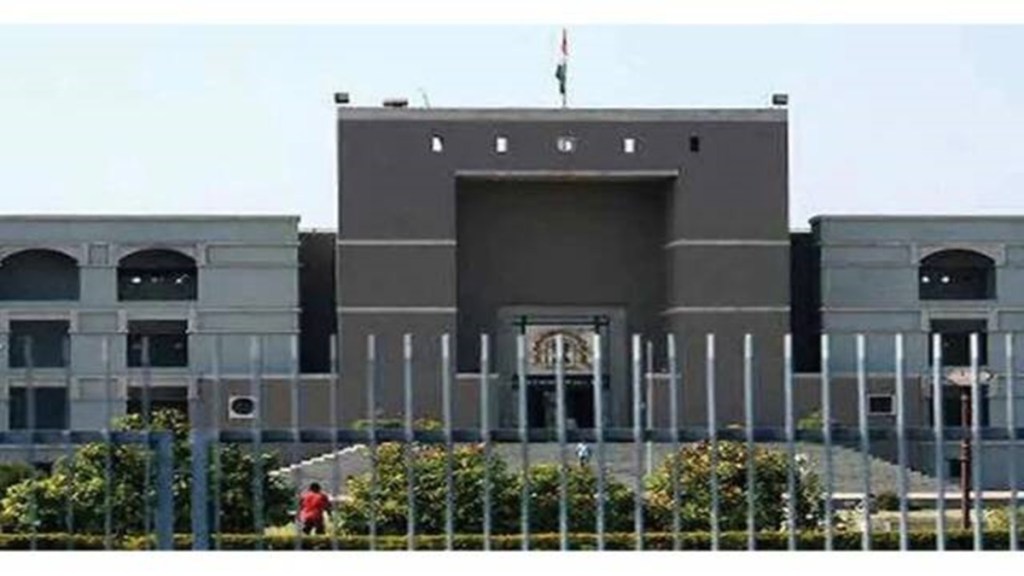The Gujarat High Court has observed that girls in the past used to have their first child by the age of 17 and that it wasn’t inclined to allow the termination of a minor girl’s pregnancy if both the mother and foetus were found to be in good health.
The court was hearing a plea filed by a minor rape survivor for the termination of her 29-week pregnancy. In his oral remarks during the hearing, Justice Samir Dave said that it was very difficult for the court to pronounce an order allowing the girl to “kill the baby” unless there were serious problems ailing the girl or the foetus.
“Normally, a pregnancy in first-time intercourse and a girl not disclosing for seven months, that story is very… The boy is 23 (years old) and the foetus is more than seven months… If the foetus remains alive (following medical termination) what will you do? Who will take care?… I cannot permit you to kill the baby. No one can… If any serious ailment in the foetus or the girl, the court can certainly consider. If both are normal, it would be very difficult for the court to pass such a type of order…,” The Indian Express quoted Justice Dave as saying.
The court then posted the matter for hearing on June 15.
The case revolves around a 16-year-old girl who approached the court earlier this month, through her father, seeking authorisation to terminate her pregnancy. The girl, currently 16 years and 11 months old, is expected to deliver on August 16. On June 7, the petitioner’s advocate requested the termination of the pregnancy, citing the foetus’s weight of over 1 kg.
Read More: Teen gang-raped by 5 persons, including 3 minors, in UP’s Sitapur district
In response to the petitioner’s plea, the court instructed the medical superintendent of Rajkot Civil Hospital to conduct an urgent medical examination of the girl, including an ossification test, to assess her health condition.
However, the court indicated orally that it would refrain from issuing an order for termination if both the girl and the foetus were found to be in good health.
The petitioner’s advocate clarified that the main concern lies with the girl’s age and the potential challenges associated with underage pregnancy. The advocate further argued that “Had she been 20 to 20-plus, it would have been a different scenario.”
“Because we are living in 21st century. Ask your mother or great-grandmother… 14-15 years is the maximum age… By 17 years, they would have already had their first child. And girls are more mature than boys… 4-5 months here or there to 18 years doesn’t matter. You haven’t read it, but do read Manusmriti,” Justice Dave remarked.


